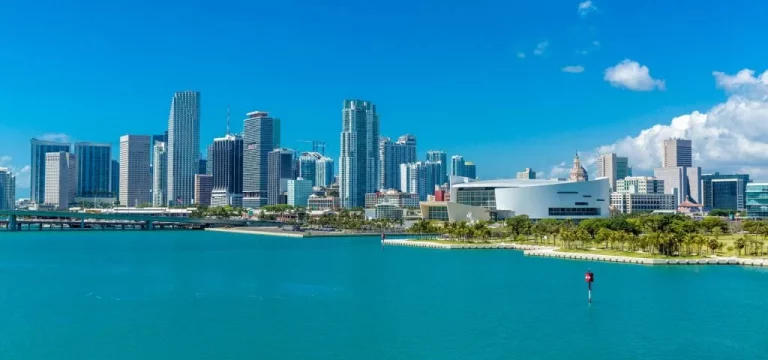When a property owner dies in Florida, the title of the property determines whether it must go through probate. What if a person does not live in a standard home? Does a mobile home go through probate in Florida? Read on to find out.
Probate Assets vs. Non-Probate Assets in Florida – What You Need to Know
If a Florida resident dies owning assets solely in his or her name, these assets will likely go through probate. Common examples of probate assets include:
- Real property owned in the decedent’s sole name
- Real property owned in a tenancy in common
- Bank accounts owned in the decedent’s sole name or listing the estate as a beneficiary
- Life insurance policies listing the decedent or the estate as a beneficiary
- Personal possessions such as home furniture, jewelry, valuable collectibles, etc. (unless exempt under Florida law)
Conversely, if someone dies owning assets with designated beneficiaries or through specific types of joint ownership, these assets are exempt from probate. Examples of non-probate assets include:
- Real estate owned in joint tenancy
- Real estate owned in tenancy by the entirety
- Real estate conveyed through a Lady Bird deed
- Trust assets (i.e., real estate, vacant land, bank accounts, etc.)
- Retirement accounts (e.g., IRAs, 401(k)s, etc.)
- Bank accounts owned in joint tenancy
- Bank accounts with payable-on-death (POD) and transfer-on-death (TOD) beneficiaries
Does a Mobile Home Go Through Probate in Florida? – The Verdict
Whether a mobile home is subject to probate upon the owner’s death depends on the title of the property. If the owner died with the title of the mobile home in his or her sole name, the asset must go through probate.
If the mobile home is the owner’s primary residence and he or she is survived by a spouse or minor children, the asset qualifies for the Florida Homestead exemption. A mobile home with designated beneficiaries or titled in the name of a trust does not need to go through probate.
As provided by Florida Constitution Article X, Section (a)(1), a home can qualify as a homestead:
- “If located outside a municipality, to the extent of one hundred sixty acres of contiguous land and improvements thereon, which shall not be reduced without the owner’s consent by reason of subsequent inclusion in a municipality, or
- If located within a municipality, to the extent of one-half acre of contiguous land, upon which the exemption shall be limited to the residence of the owner or the owner’s family”
If the deceased lived in a mobile home as his or her primary residence and owned the land upon which it is located, the asset qualifies as a homestead.
A mobile home held in the decedent’s name but located in a rented property may qualify as a homestead, depending on the situation.
According to Florida Statutes §222.05, “any person owning and occupying any dwelling house, including a mobile home used as a residence, or modular home, on land not his or her own which he or she may lawfully possess, by lease or otherwise, and claiming such house, mobile home, or modular home as his or her homestead, shall be entitled to the exemption of such house, mobile home, or modular home from levy and sale as aforesaid.”
Is Your Mobile Home Subject to Probate? – Immediately Consult with Your Florida Probate Lawyer
Waste no time with uncertainty. Contact Attorneys Romy B. Jurado and Diana C. Collazos today by calling (305) 921-0976 or emailing [email protected] to schedule a consultation.






